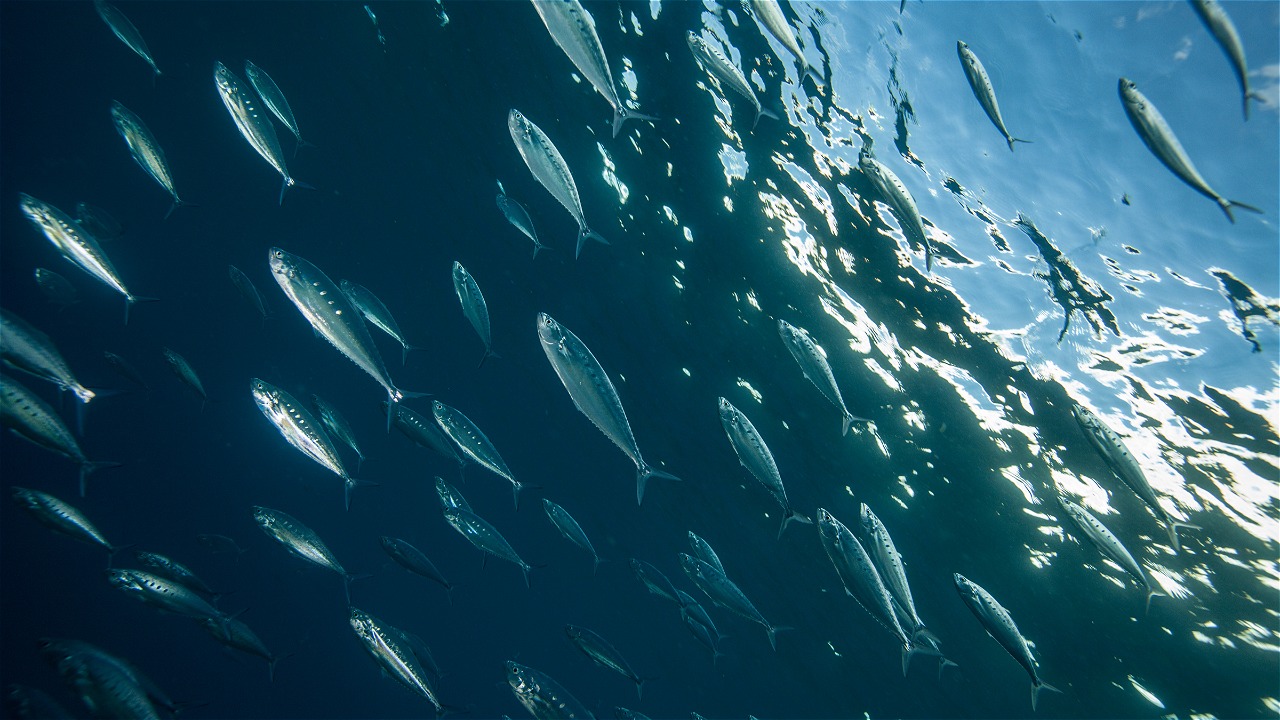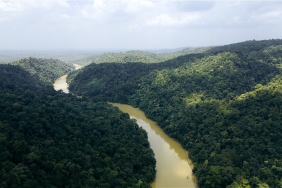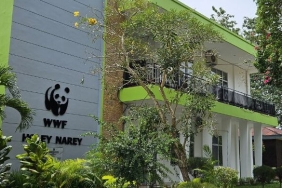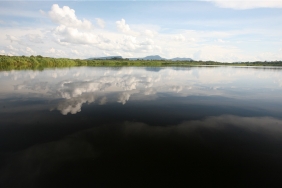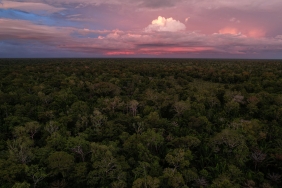GETTING TO KNOW INDONESIA'S SEAS WITH PANDA EARTH
By: Sani Firmansyah
On Wednesday (31/08/2016), Bumi Panda WWF-Indonesia visited SD Bianglala Bandung. With the theme of Indonesian Ocean, Bumi Panda team introduced the various conservation efforts undertaken by WWF-Indonesia. Various activities were carried out, including watching movies about sharks and turtles, as well as checking water through the water laboratory facilities owned by Bumi Panda so that students can be more concerned with the current water conditions.
The participants consisting of grades 1, 2, 3, 4, 5, and 6 gathered in the hall to get acquainted with all the facilitators from Bumi Panda. The first activity was to watch a video about sharks and turtles. After watching, they received an explanation about the various efforts made to preserve sharks and turtles. "Currently, sharks are hunted by humans for their fins and made into soup. Based on research, shark fins contain mercury, which is dangerous for human consumption," said Sani Firmansyah, Coordinator of Bumi Panda. Sani also explained that the mercury contained in shark fins comes from oceans polluted by toxic waste. The students listened carefully to the messages delivered. In fact, one of the students said, "Brother, I want to jagain sharks so that not hunted by humans and cut off their fins," said Mellysa, a student of SD Bianglala in the middle of the introduction about sharks.
On that occasion, the Bumi Panda team also introduced turtles to the students. "Besides sharks, sea turtles are also hunted by humans. In addition to consuming meat and eggs, turtle shells (carapace -Red) are often taken to be used as accessories such as wall hangings, rings, and others," explained Sani. Information about sea turtles was also conveyed through storytelling. Rossie and Dinda, facilitators from Bumi Panda, explained about the types of sea turtles. "So, there are seven types of turtles around the world and six of them are in Indonesia," explained Rossie and Dinda. They told the students that the beaches in Indonesia are still in good enough condition that many turtles come to the beach to lay their eggs. "Well, it is our duty together to make the turtles feel comfortable. The trick is not to litter when at the beach and not to buy products that come from sea turtles," they both told the students.
The atmosphere became more exciting when the Bumi Panda team held a quiz with prizes. Dwi, one of the facilitators, challenged the students to name 10 types of marine animals that are not fish. "I can, sis! There are starfish, octopus, squid, coral reefs, anemones, dolphins, sponges, jellyfish, and seahorses," answered Nala, one of the Bianglala Elementary School students. Everyone cheered happily when they could answer the question.
Not only introducing sharks and turtles, the Bumi Panda team also played the "River for All" video. After watching, the students were explained about the Water Conservation program conducted by WWF-Indonesia in Rimbang Baling, Riau. Maintaining the condition of the river is one way to maintain the condition of the sea because everything in the river will flow into the sea. For this reason, the Bumi Panda team also presented a Water Laboratory activity, where all students could study the quality of water around the school and its environment. "Sis, why is there so much moving around in the pond water when you look at it with a microscope?" asked Ale. "That's called microbes. With the presence of microbes, we can find out the condition and quality of the water," replied Adrian, Bumi Panda's facilitator while showing a table of microbial types and their relation to water quality.
The school really appreciates the activities carried out by Bumi Panda. "Through this activity, we hope that all students at SD Bianglala can better understand the condition of the sea in Indonesia and can help WWF-Indonesia to preserve sharks and turtles. (The students) can also start to maintain the condition of the rivers around the school," said Dina, Student Affairs Department of SD Bianglala Bandung.

